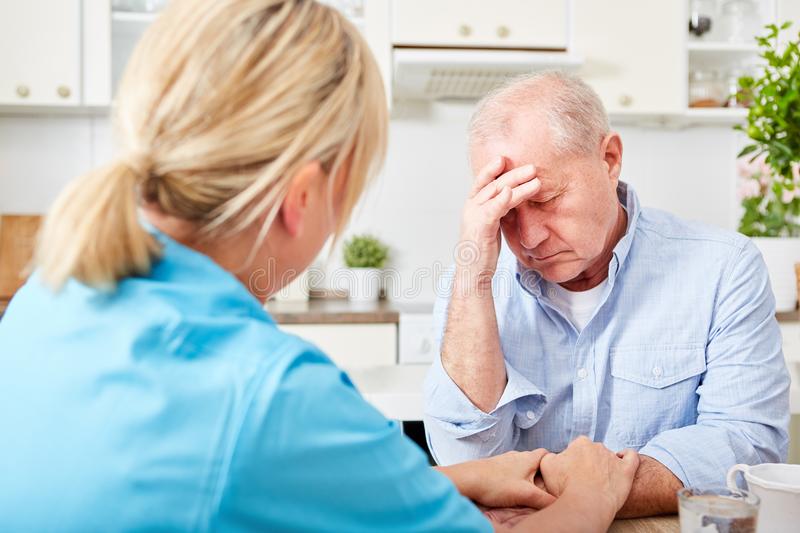Depression Causes & Symptoms
While feeling sad or depressed sometimes is perfectly normal in times of loss or struggle, intense sadness that lasts for weeks to months can be diagnosed as having clinical depression. Here are Depression Causes, Symptoms and Types.
What Is Depression?
Depression is a common mood disorder that affects millions of people around the world. It is an all-encompassing illness that affects your day-to-day life, body, mood, and thoughts. Unfortunately, depression is a treatable condition that often goes untreated.
Depression Causes
Factors linked to depression include hereditary, biological, and environmental factors, as well as significant life events, such as physical illness, the loss of a loved one, or the loss of a job. Also linked are certain medications, alcohol, drug abuse, diet, or having a baby (as well as other hormonal fluctuations). These biological causes of depression may be attributed to disturbances in neurotransmitters, which are chemical messengers in the brain, although we are yet to learn much about the biochemical causes.
Hormones in the body are also among the reasons in young adults. The hormonal changes due to menopause, thyroid problems, or a number of other medical conditions may trigger the condition.

Depression Symptoms
The symptoms of depression can vary for different people. Some of the common symptoms include:
- Sadness and empty feelings for prolonged periods of time
- Reduced sex drive
- Oppressive feeling of despair and despondency
- Feelings of guilt
- Increase or decrease in appetite
- Loss of interest in performing normal day-to-today activities
- Negative thoughts.
- Irritability and bursting out regularly
- Slow speaking, slow body movements, and slow thinking
- Insomnia, excessive sleeping, and sleep disturbances
- Low energy and restlessness
- Reduction in concentration
- Sense of hopelessness
Depressed people find it difficult to make even the simplest decisions. Unexplained physical problems, such as back pain and headaches might also be seen. Depressed people may also have difficulty in maintaining normal relationships. Proper treatment can offer relief for most people who suffer from this potentially debilitating condition.
Types of Depression
There are several forms of depression and some of them include the following
- Psychotic depression: People suffering from this condition also normally have some form of psychosis.
- Dysthymic disorder or dysthymia: This type is long-term, but may not be disabling to a person suffering from it. People suffering from dysthymia may also experience major depression in their lives.
- Seasonal affective disorder: It usually begins during the winter when there is less natural sunlight.
- Major depressive disorder: It affects how you think, feel, and behave. This type disables the person and hampers normal functioning.
- Bipolar disorder: This is a manic-depressive illness wherein one sees cyclic mood changes from extreme highs to extreme lows.There are other forms of depression, including:
- Postpartum depression: It is experienced by women after giving birth.






